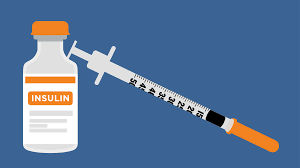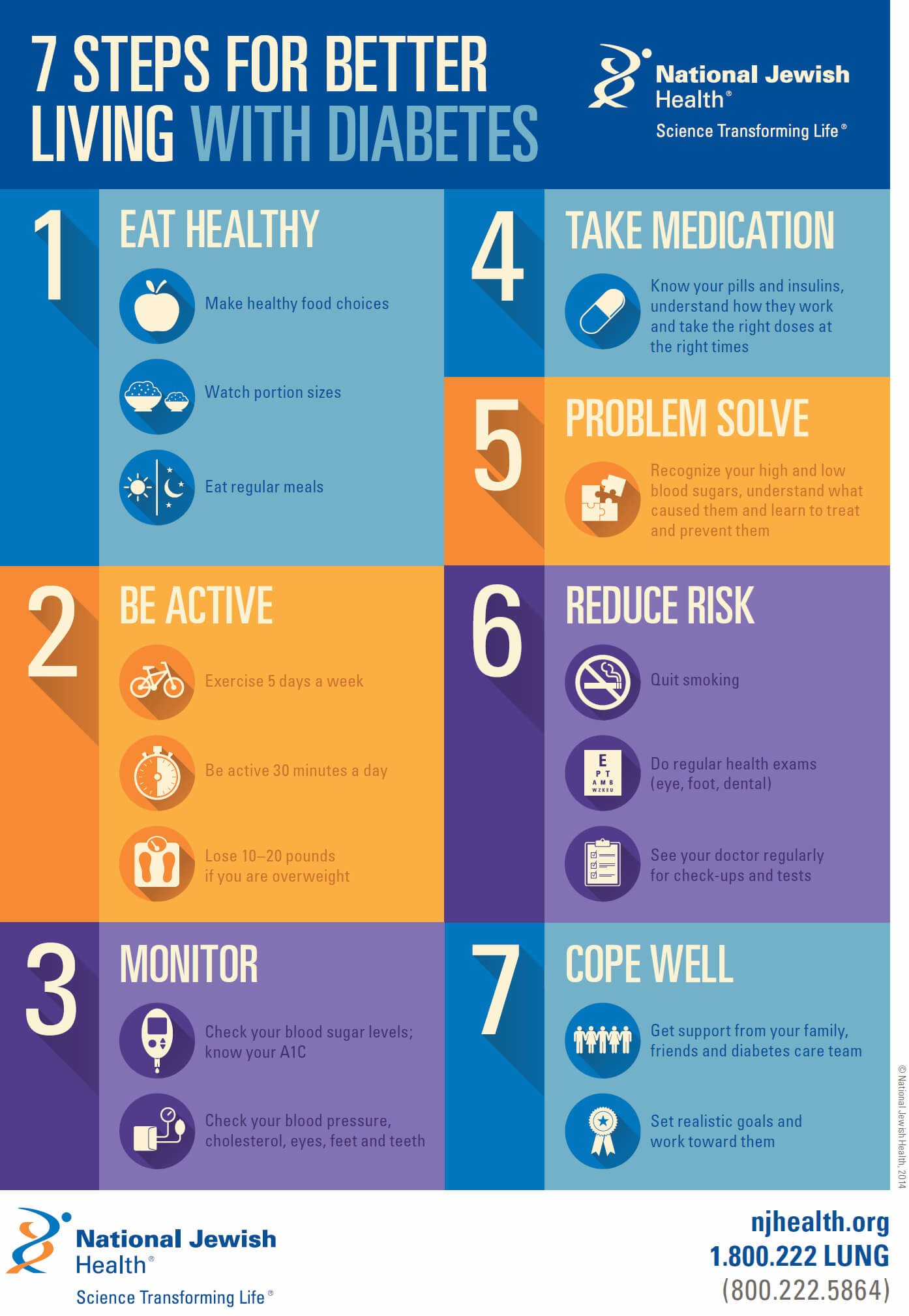What is the Role of Insulin in Diabetes?

Insulin hormone is secreted by the pancreas. Its main usage is to convert the carbohydrate into usable sugar for the body cells to synthesize for energy. If the insulin produced by the body is less or not used efficiently, the sugar levels in the blood might fluctuate leading to hyperglycemia or hypoglycemia.
How does Insulin Control Blood Sugar?
- Insulin is the hormone which helps the body cells to utilize sugar present in the bloodstream.
- The cells in the human body cannot process the sugar from carbohydrates directly.
- So, after every meal the level of sugar/glucose in blood increases. The pancreas is signaled to release insulin into the bloodstream, so that the blood sugar level can be kept under control and excess sugar is used up by the cells.
- Blood glucose along with insulin reaches every cell where it is converted into energy.
- Insulin binds to a glycoprotein receptor on the cell’s surface.
- This receptor consists of a protein kinase that gets activated and helps the cells to absorb glucose from the bloodstream.
- This glucose can be immediately converted into energy or cells can store the glucose for later use.
- The insulin remains in the blood and gets filtered in the urine.
How does Insulin Help to Store and Breakdown Fats?
Along with enabling cells to absorb glucose, Insulin helps in body metabolism. It is the hormone that is responsible for a cell’s decision to store glucose as fat or use the same. To control the blood glucose level, insulin signals the liver and fat cells to absorb glucose from the blood. The liver can store 5 percent of glucose as glycogen. If there is excess sugar in the blood, insulin triggers fat cells to store this glucose in the form of triglycerides. It also inhibits the breakdown of fats.
Insulin Therapy
In normal adults who do not have diabetes, insulin helps to regulate blood sugar levels and convert excess glucose into energy. In type 1 diabetes, the body is not capable of producing insulin. Similarly, in type 2 diabetes, the insulin produced by the body is not enough or cannot be used efficiently to convert glucose into energy. To compensate for this deficiency insulin therapy is useful. This therapy includes injecting synthetic recombinant insulin.
- In type 1 diabetes patients, exogenous insulin injection would replace the lack of production of insulin by the pancreas.
- In type 2 or gestational diabetes, insulin therapy helps when other treatments and diets fail to efficiently use secreted insulin.

Types of Insulin
Insulin’s are of various types depending on their duration of action
- Long acting and ultra long acting insulin usually are used to control the sugar levels before meals and in fasting state.
- Short acting and rapid acting insulin are used to manage high blood sugars after a meal because they usually have a peak of action.
The insulin dosage cannot be administered an oral pill because the acid medium in the stomach destroy the insulin completely before it is absorbed in the bloodstream. The other options are delivered using a pen or an insulin pump or through an inhaler. Choosing the best insulin dosage regime for one’s requirement helps the diabetic patient to overcome the complications that can arise at the microvascular and macrovascular level.




